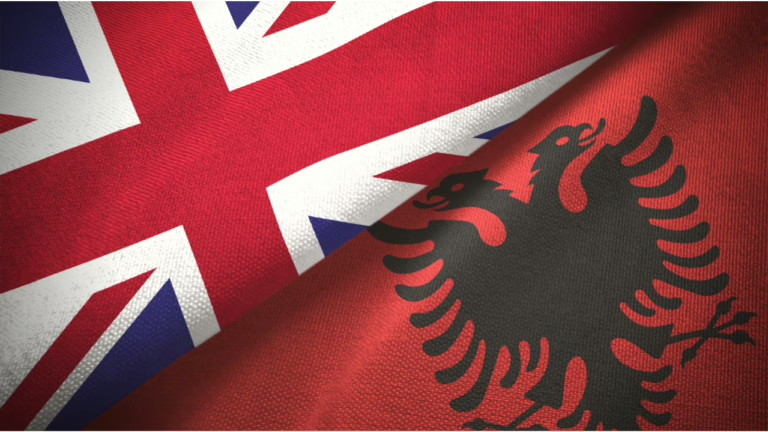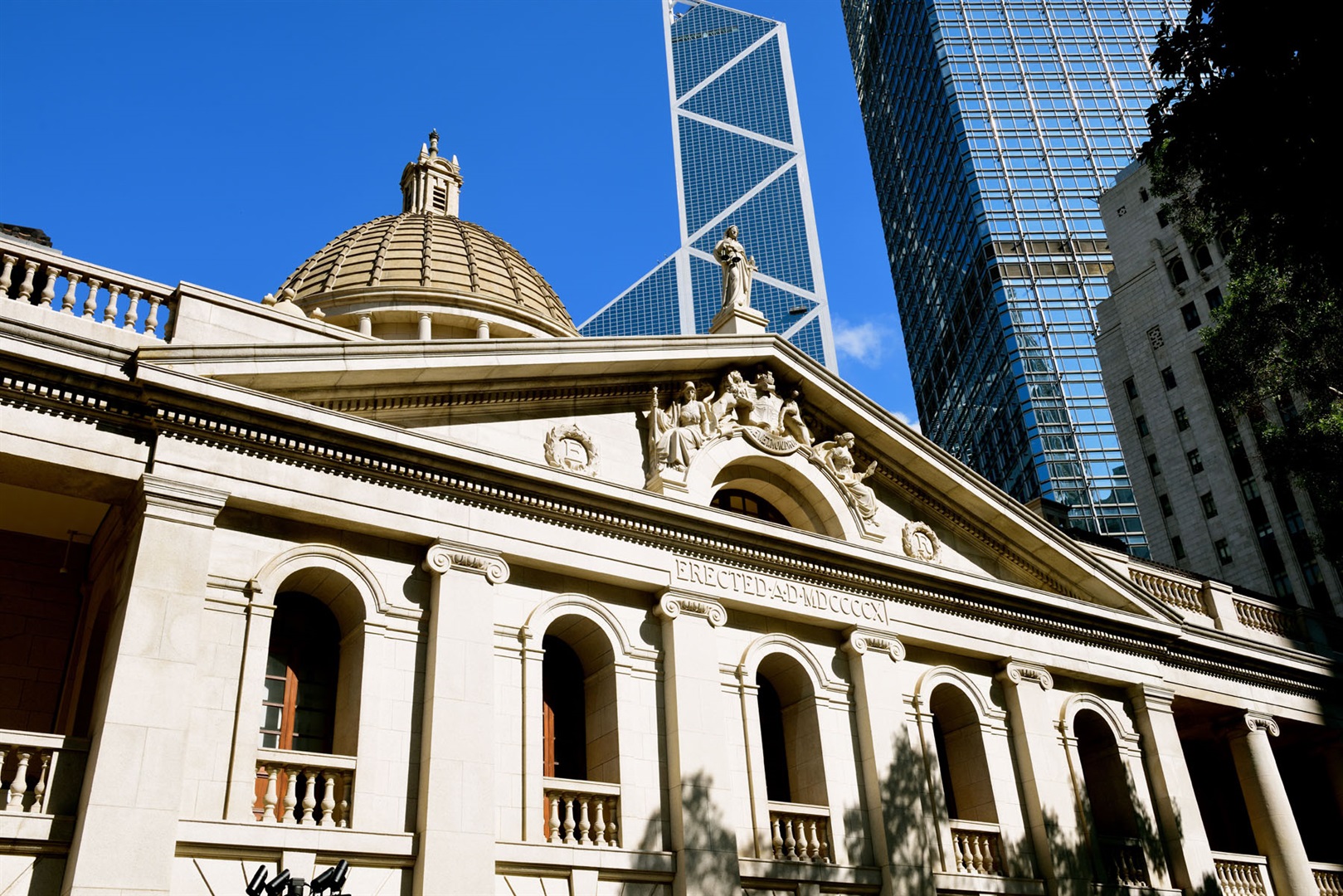Albania Rejects Talks, Derailing Plan
According to UK media and posts on X, the Labour Government has been exploring partnerships with Western Balkan nations, particularly Albania, to establish deportation centres for illegal immigrants facing removal. Sources indicate that Sir Keir was scheduled to meet Albanian Prime Minister Edi Rama on 15 May to discuss potential cooperation. The move is seen as part of Labour’s response to the ongoing small boat crossings in the English Channel and mounting domestic anti-immigration sentiment, aligning with the stricter immigration policies outlined in its Immigration White Paper, published on 12 May 2025.
However, Albania swiftly clarified its position. A senior Albanian official stated at a press conference: “We have received no proposal from the UK regarding the establishment of deportation centres in Albania, nor do we have any intention of engaging in such a scheme.” The official stressed that while Albania maintains cordial relations with the UK, it has no desire to serve as an “outsourced destination” for Britain’s immigration challenges. This public dismissal has left Labour’s plan in disarray and prompted scrutiny of its policy coherence and feasibility.
Albania Plan and the Immigration White Paper
Labour’s Immigration White Paper, released on 12 May 2025, sets out a roadmap for immigration reform, pledging to raise the threshold for permanent residency, expedite asylum processing, bolster border controls, and expand deportation mechanisms to address illegal migration. The document emphasises a “fair and managed” immigration system and references collaboration with “international partners” to explore “innovative deportation solutions.” However, it does not explicitly mention Albania or any specific third country as a potential site for deportation centres, referring only broadly to “new deportation arrangements with allies.”
Analysts are divided on whether the Albania plan is a formal component of the White Paper. Sarah Jones (pseudonym), a researcher at the London-based think tank Migration Watch, suggested: “The White Paper’s mention of international cooperation and deportation mechanisms implies the Albania plan may be a tentative step to test the feasibility of third-country schemes. Its omission from the document suggests Labour may be pursuing this discreetly to avoid the backlash seen with the Rwanda scheme.” However, Labour insiders indicate that the Albania talks are merely “preliminary explorations” by the Home Office, not yet integrated into the White Paper’s core framework, highlighting the plan’s embryonic stage and lack of full governmental endorsement.
Albania’s outright rejection underscores the plan’s lack of preparation. If the Albania initiative is indeed part of the White Paper, it exposes flaws in Labour’s policy execution and international coordination. If it is not a formal element, it suggests internal disarray within Labour’s immigration strategy, relying on ad hoc measures to address a complex issue.
Rwanda Scheme: Labour’s Former Stance
The Albania plan inevitably draws comparisons to the Conservative Government’s Rwanda deportation scheme, which Labour vehemently opposed. Launched in 2022 under then-Prime Minister Boris Johnson, the Rwanda plan aimed to deter illegal migrants by deporting them to Rwanda for asylum processing. However, it became a costly and controversial failure. According to the National Audit Office, the scheme cost £570 million, including £150 million paid to the Rwandan Government for “economic development,” yet only four migrants were deported by 2023, at an staggering cost of £140 million per person. The plan faced significant legal challenges: in 2022, the European Court of Human Rights halted the first deportation flight; in 2023, the UK Supreme Court ruled Rwanda was not a “safe third country,” citing risks of mistreatment or onward deportation for migrants.
Labour capitalised on these failings, with Sir Keir branding the Rwanda scheme “immoral and ineffective,” arguing it breached the UK’s human rights obligations. Then-Shadow Home Secretary Yvette Cooper denounced it as a “shameful waste of taxpayers’ money,” accusing the Conservatives of “throwing funds into a bottomless pit.” Upon taking office in July 2024, Labour promptly scrapped the Rwanda plan, vowing to deliver a “more humane and efficient” immigration system focused on dismantling trafficking networks, speeding up asylum decisions, and strengthening border security.
Albania Plan: A Shift in Labour’s Stance
Labour’s pivot to a similar third-country deportation strategy in Albania has raised eyebrows, with critics questioning whether it contradicts its earlier moral stance. Analysts note that Sir Keir’s Government faces pressures akin to those of its Conservative predecessors: a 2025 poll shows 62% of British voters are dissatisfied with the handling of illegal immigration, small boat crossings continue to fuel public discontent, and the asylum backlog stands at 143,000 cases. Nigel Farage, leader of the right-wing Reform UK party, accused Labour of “reheating the Rwanda plan,” calling the Albania initiative a “rehash” that lacks originality and risks repeating the same costly and ineffective outcome.
Dr. Alan Thompson (pseudonym), an immigration policy expert at the University of London, commented: “Labour’s condemnation of the Rwanda scheme was rooted in humanitarian principles, but its pursuit of a similar approach in Albania reveals a dilemma. Domestic pressures are pushing them towards tougher measures, yet this clashes with their pledge for a humane system.” Dr. Thompson added that the Rwanda scheme’s failure demonstrated that third-country deportation is both expensive and legally fraught, and Labour risks facing parallel criticisms if it persists with this approach.
Does Labour Lack Fresh Solutions?
Albania’s rejection has intensified scrutiny of whether Labour’s immigration strategy, including the White Paper, relies on recycled or contentious measures. Despite commitments to crack down on trafficking networks and streamline asylum processing, progress has been limited. In the first quarter of 2025, 12,000 migrants crossed the Channel, a figure unchanged from the previous year. Experts argue that deportation centres are a short-term deterrent at best, failing to address root causes such as conflict and poverty driving migration.
Tensions within Labour are also evident. Left-wing MPs fear that an Albania plan, if realised, could trigger legal challenges akin to those that derailed the Rwanda scheme, tarnishing the UK’s global reputation. Human rights group Liberty Watch warned that outsourcing migration processing to third countries may breach the UN Refugee Convention. Meanwhile, Albania’s refusal may foreshadow reluctance from other potential partners, casting doubt on the viability of Labour’s deportation strategy.
A Home Office spokesperson stated that the Government is engaged in “exploratory discussions” with multiple countries to enhance deportation mechanisms but declined to confirm Albania’s role or its connection to the White Paper. The spokesperson reiterated Labour’s commitment to a “fair and managed” immigration system, as outlined in the White Paper. However, Albania’s public dismissal has called into question the credibility of these discussions and Labour’s policy readiness.
Conclusion: Labour’s Challenge
The collapse of the Albania plan underscores the formidable challenges facing Sir Keir’s Government on illegal immigration. Whether or not the Albania initiative is a formal part of the Immigration White Paper, its resemblance to the discredited Rwanda scheme leaves Labour vulnerable to accusations of policy inconsistency. The Rwanda debacle—marked by exorbitant costs, legal setbacks, and international criticism—serves as a cautionary tale. Labour, which once championed humane and effective reforms, now appears to be grappling with the same intractable issues as its predecessors. Without innovative solutions, Sir Keir risks repeating past mistakes and failing to deliver on his reform pledges. As domestic and international pressures mount, Labour’s next steps will be closely watched.
Discover more from “Bridging Hongkongers. Reporting Truth.”
Subscribe to get the latest posts sent to your email.




